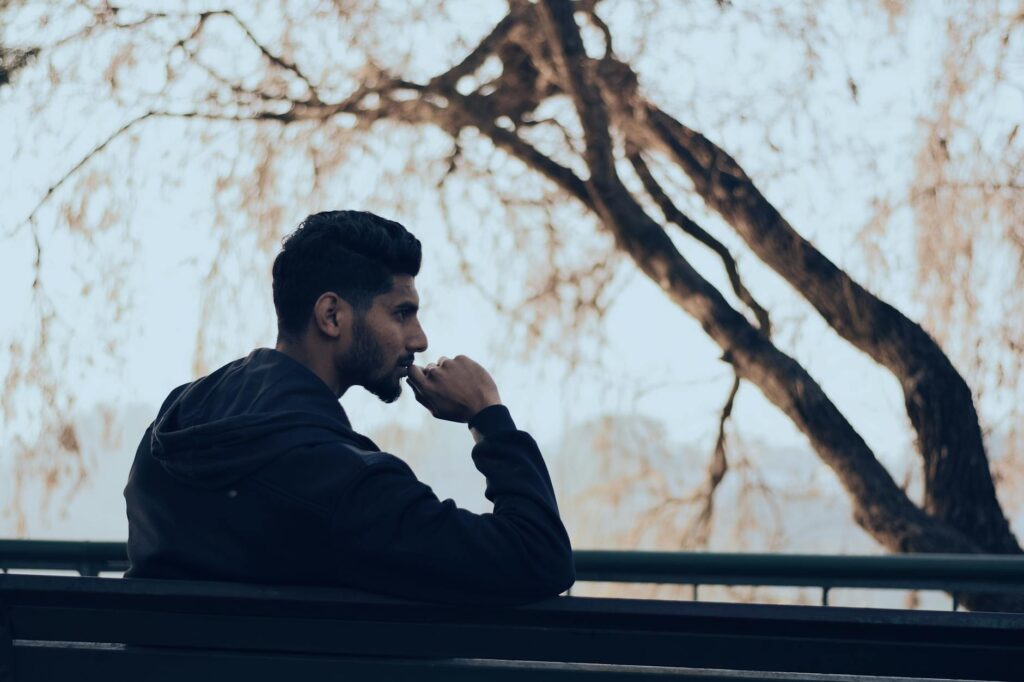Table of Contents
Death is the silent companion of life’s journey—present from our first breath, patiently waiting for our last. Yet many of us live in denial of this fundamental truth, spending our days in fear of an end that was guaranteed from our beginning.
Life and death exist as two sides of the same coin. When life begins, so too does the certainty of its conclusion. There’s a profound paradox here: while life itself is never guaranteed—we might never have been born at all—once we exist, our death becomes the only absolute certainty. Life may be optional in the cosmic scheme, but death is mandatory for all who live.
This relationship between life and death creates a unique dynamic. Both states transcend our control—we didn’t choose to be born, and rarely do we choose when to die. Yet between these bookends lies the narrative we can shape—our lives.
Fear of death often stems from attachment to the incomplete: unfinished plans, unexpressed love, unfulfilled dreams. But what if we lived in acknowledgment of death rather than in fear of it?
GET 20% OFF ON ALL HOSTING PLANS!
Unlock 20% Off on All Hosting Plans with Hostinger!
A visitor waits outside my door, Patient, constant, forevermore.
Not rushing in, not making haste, But certain that I cannot waste The moments that between us lie, The breaths I take beneath the sky.
This visitor—both foe and friend— Confirms my life has means and end.
So shall I hide and bolt the lock? Or recognize this steady knock As rhythm to which I might dance, Giving meaning to this sacred chance?
The fear of death can paralyze us, preventing us from fully experiencing life. But embracing death’s inevitability can paradoxically liberate us to live more authentically. When we accept that our time is finite, each moment gains precious significance.
Consider the deathbed perspective: rarely do people regret working more hours or accumulating more possessions. Instead, regrets center on connections not deepened, risks not taken, joy not embraced. The clarity that comes with accepting mortality allows us to prioritize what truly matters while we still have time.
Death’s certainty doesn’t diminish life’s value—it enhances it. Just as scarcity increases worth, the limited nature of our days makes them more precious. Our mortality gives urgency to love, purpose to suffering, and meaning to joy.
So how might we live in the shadow of death without being consumed by its darkness?
Perhaps by focusing on the present moment—the only time we ever truly have. By building connections that transcend our individual existence. By creating meaning through how we treat others and what we contribute to the world.
There’s wisdom in the ancient philosophical tradition of memento mori—remember that you will die. Not as a morbid obsession, but as a clarifying lens through which to view our choices. When we remember death, we remember what matters in life.
Death will come whether we fear it or not. But the quality of our living—and ultimately our dying—remains largely within our influence. We can approach our end filled with regret for what wasn’t, or with gratitude for what was.
Be good in life so you might die well. Create a life that, when reflected upon in your final moments, brings peace rather than regret. For in the end, a good death is simply the conclusion of a good life—one lived with awareness, purpose, and love.
The fear of death dissolves not when we deny it, but when we’ve truly lived.
- The Smile That Cuts Deeper Than a Sword: Why Soft Tongues Are More Dangerous Than Enemies - September 9, 2025
- 10 Simple Life Hacks That Will Instantly Improve Your Day - August 27, 2025
- 5 Best Physical Activities to Help Manage Dopamine Dysregulation - July 27, 2025




